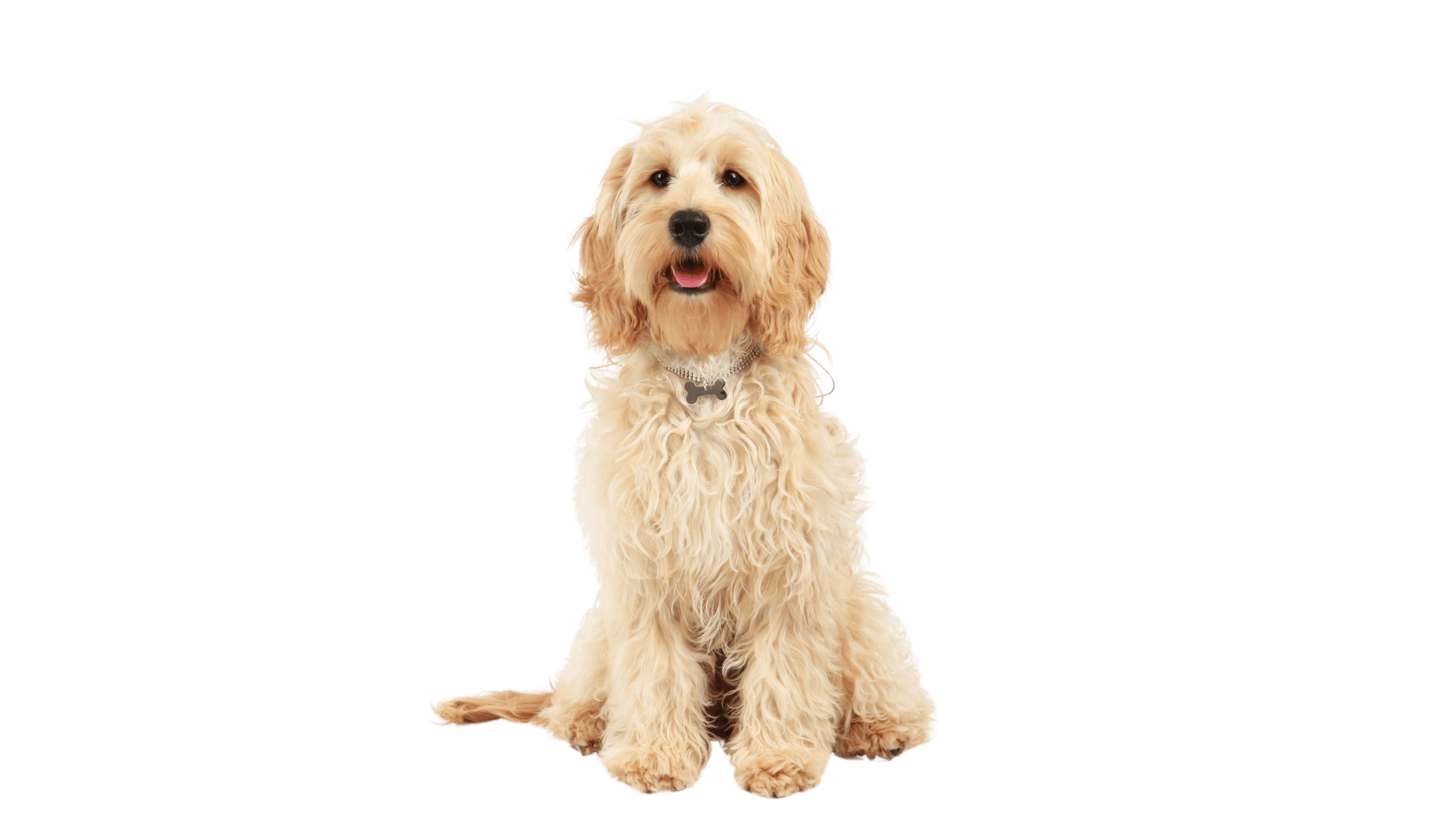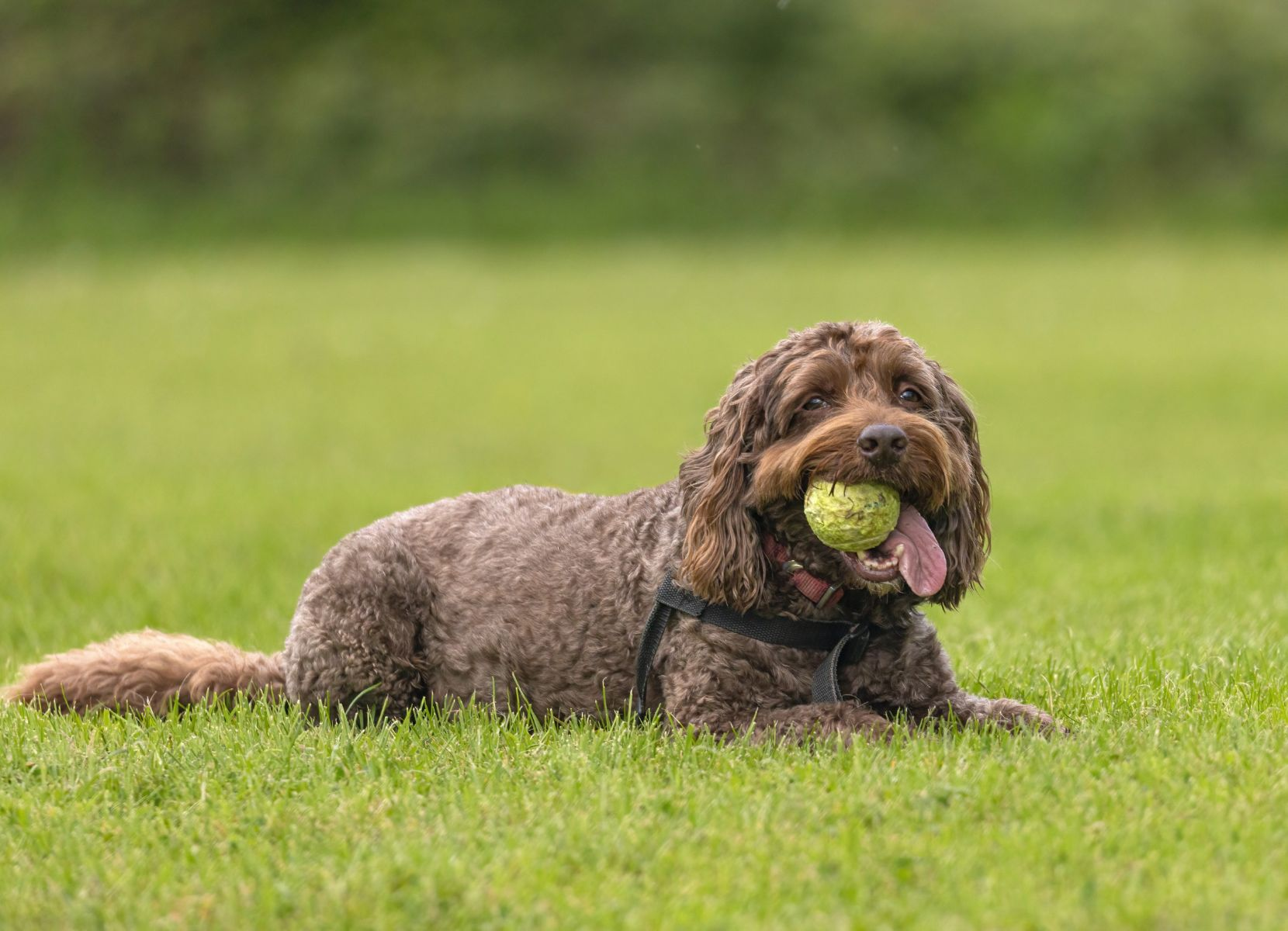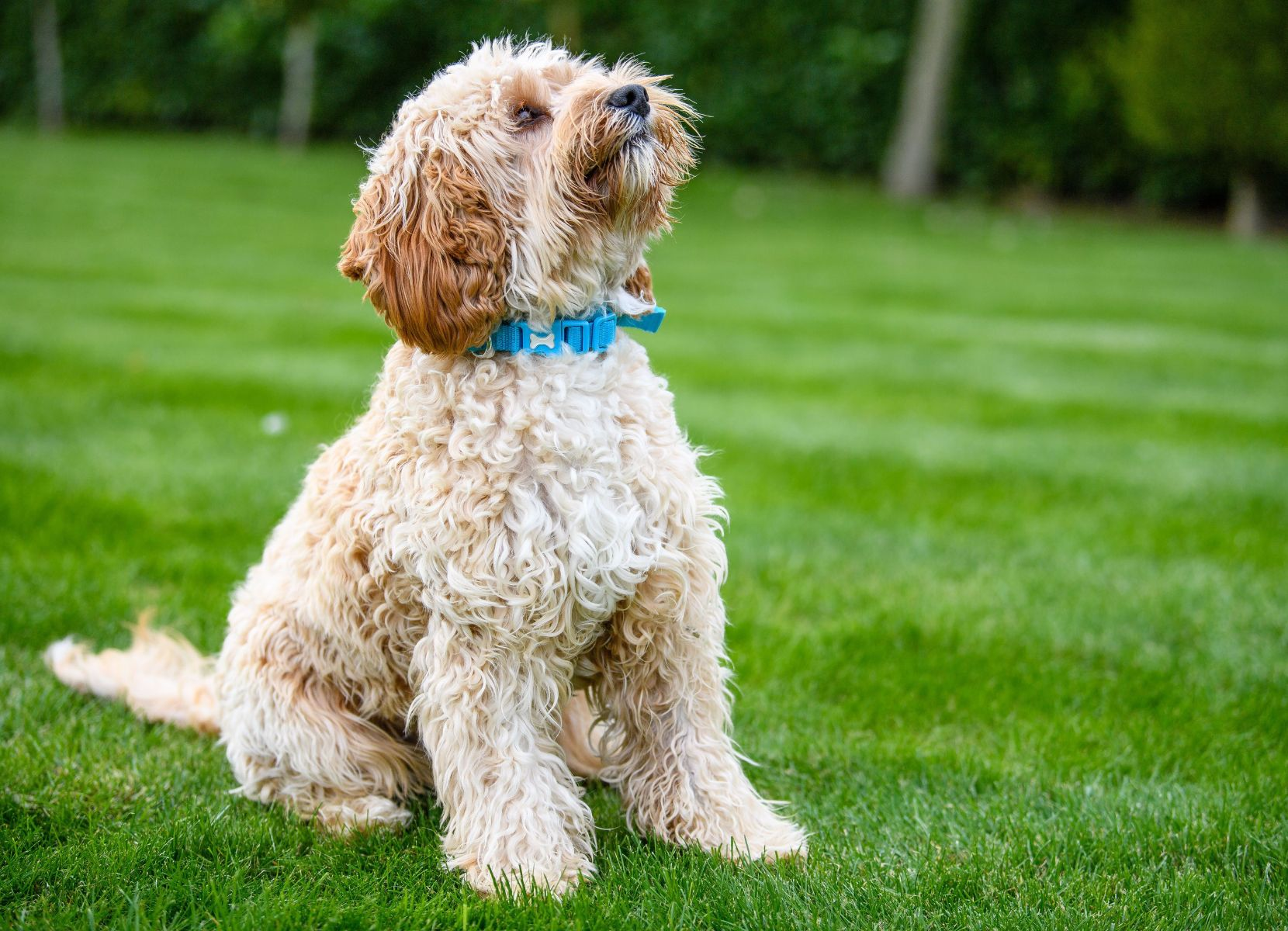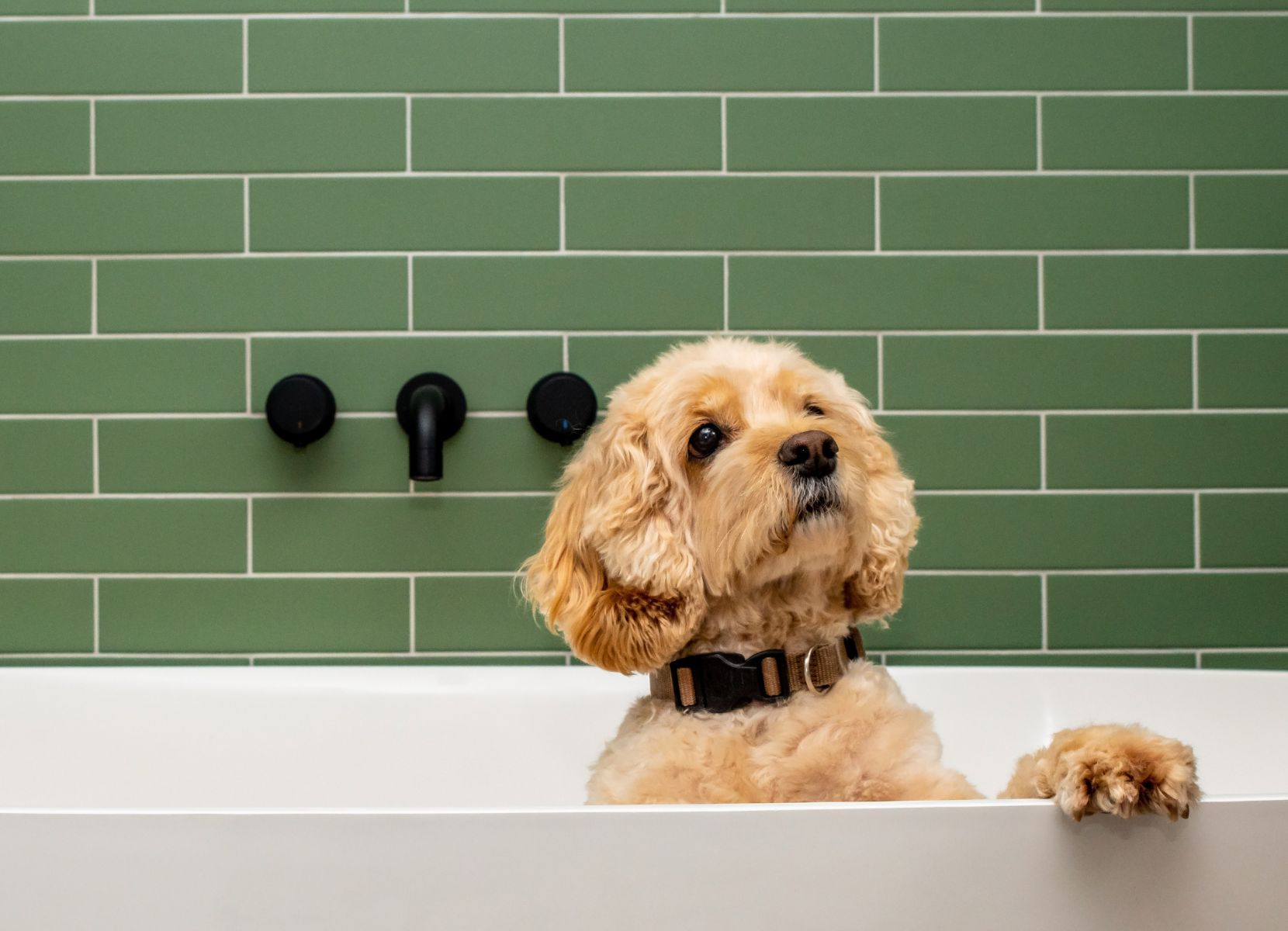Dog Breed
Spoodle
Friendliness
Exercise Needs
Health Issues
Barking Tendencies
Grooming Needs
Shedding Level


Playful pal
Lively, playful, and affectionate, Spoodles are friendly dogs that love being part of the family. A cross between a Cocker Spaniel and a Poodle, they tend to combine a social nature with plenty of intelligence and energy.
Spoodles are known for their cheerful personalities and adaptability. They enjoy being around people and other pets, and they’re happiest in homes where they get plenty of companionship, playtime, and routine.
Caring for your Spoodle
Nutrition
Choosing the right food
Every dog is unique. From small companions to large, active breeds with different nutritional needs. ROYAL CANIN® Size Health Nutrition is designed to support dogs based on their size and life stage, helping maintain overall health, vitality and wellbeing. These formulas use carefully selected protein sources, targeted nutrients and tailored kibble to support digestion, energy levels, and bone and joint health across small, medium and large dogs.

Exercising your dog
Spoodles are energetic dogs that need daily exercise to stay happy and healthy. Aim for at least 30 minutes of activity each day, whether that’s walks, playtime, or outdoor adventures.
They also love social exercise, especially running around with other dogs. Regular visits to the dog park can help keep your Spoodle mentally stimulated and well balanced.
Games of fetch are often a favourite, and giving them something fun to chase or carry is a great way to burn off extra energy.

Training your Spoodle
Spoodles love to please their humans, which makes training enjoyable for both of you. With their intelligence, most Spoodles pick up the basics quickly.
If your Spoodle has a little more Poodle in them, they may show a stubborn streak at times. Patience, consistency, and positive reinforcement go a long way.
Reward-based training with treats, praise, and early socialisation helps Spoodle puppies grow into well-adjusted, well-mannered adult dogs.

Your dog's health
By recognising health problems in Spoodles early you can seek advice and treatment from a veterinarian.
Reduce the risk of health problems by purchasing a puppy from a responsible breeder. Always inspect breeding facilities and breeding dogs, and never buy from a distant online seller.
Health Issues to watch out for:
Cataracts
Joint Problems
Allergies
Liver Disease

Grooming your dog
Spoodles are low shedding, which makes them a popular choice for owners who prefer less hair around the house. However, their coat still needs regular care to stay in good condition.
Brushing a few times a week helps prevent mats and tangles, especially if their coat is more curly. Many Spoodles benefit from a professional groom every 6 weeks or so.
Regular eye wipes, ear cleaning, nail trims, and daily teeth brushing all help keep your Spoodle comfortable and healthy.
Key characteristics of Spoodles


Spoodle FAQs
Spoodle FAQs answer common questions about living with a Spoodle, including exercise needs, grooming, training, and family suitability. This section helps owners decide whether a Spoodle is the right fit for their lifestyle.
Are Spoodles good family dogs?
Yes, Spoodles are generally excellent family dogs. They’re affectionate, social, and usually great with children and other pets when well socialised.
Do Spoodles need a lot of exercise?
Yes, Spoodles are energetic dogs that need daily exercise and mental stimulation. Regular walks, playtime, and interactive games help prevent boredom.
Are Spoodles easy to train?
Spoodles are typically easy to train because they’re intelligent and eager to please. Positive reinforcement with treats and praise works best.
Are Spoodles small or medium dogs?
Spoodles can be classed as small to medium dogs, depending on whether a Toy or Miniature Poodle was used in breeding. Most Spoodles fall into the small-to-medium size range, so adult size can vary based on parentage and genetics.
Are Spoodles prone to health problems?
Spoodles are generally healthy, but they can be prone to inherited conditions such as joint issues, eye conditions, and allergies.
This FAQ section highlights what you need to know about living with a Spoodle. With the right exercise, training, and grooming routine, a Spoodle can be a cheerful, loving companion for a wide range of households.

